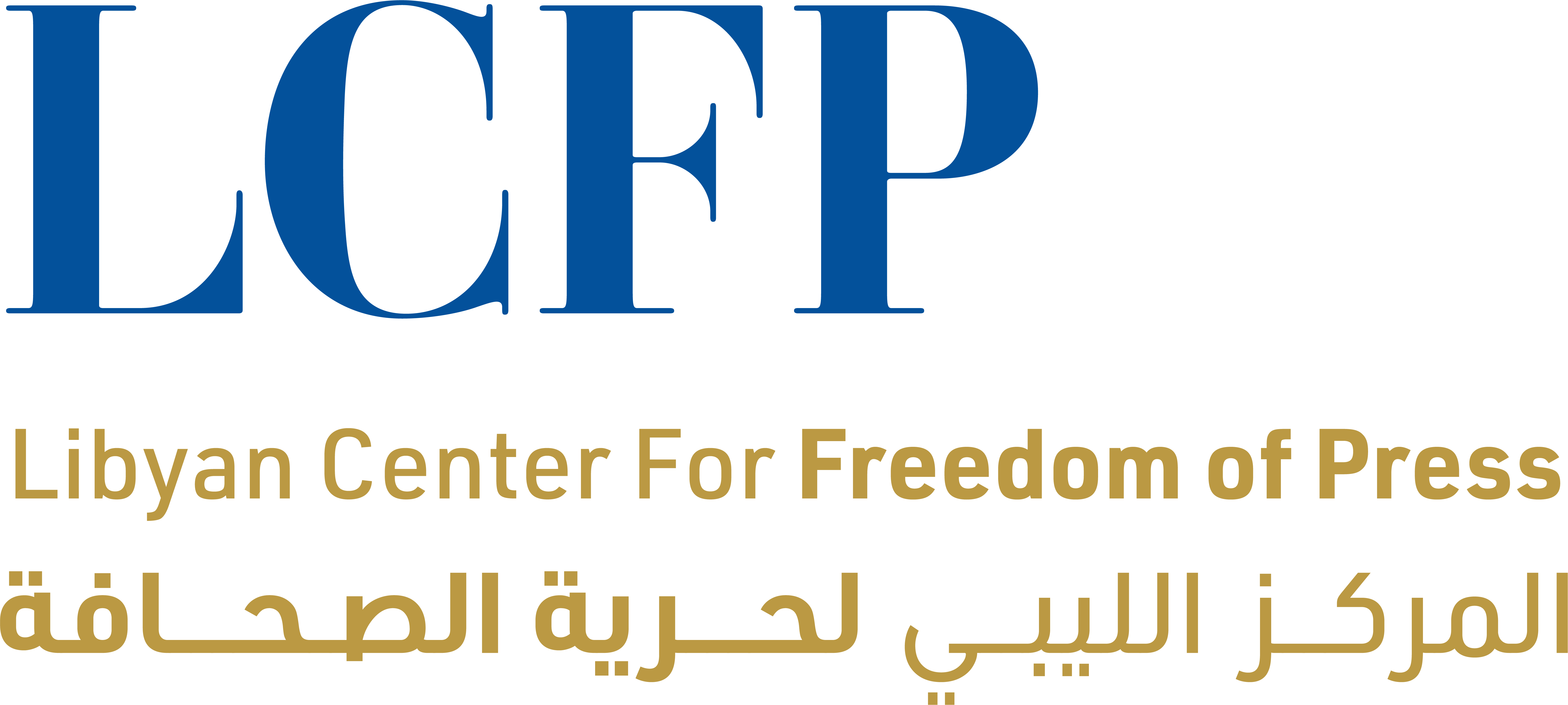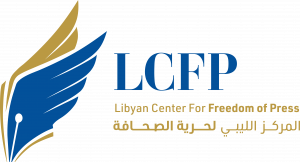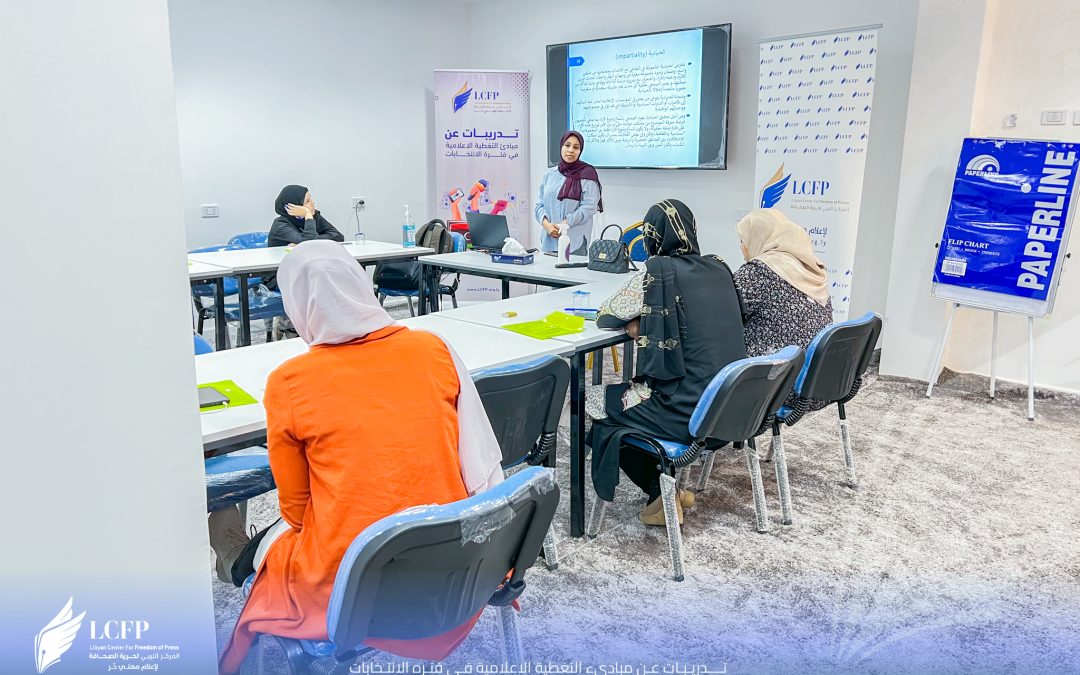
Jun 19, 2023
Sebha, June 13
Journalists and activists participated in a workshop on the guidelines for media coverage of the national general elections on Saturday and Sunday in Sebha, with the participation of 12 journalists, activists and bloggers working in many media outlets
The workshop focused on how to collect and analyze information from electoral constituencies and polling stations. It also shed light on the role of journalist in monitoring and covering all aspects of the electoral process. The workshop was an opportunity to do simulations of drafting news reports related to the coverage of aspects of electoral campaigns and the polling day
The workshop also tackled the basic roles of media in the context of elections, how to prepare for press interviews, and how to conduct balanced coverage of all actors in the electoral process. Executive regulations and electoral laws related to the presidential and legislative elections were introduced to journalists in the workshop
Participants stressed the need to intensify awareness-raising and training campaigns for local journalists, to ensure access to information on all aspects of the electoral process and to activate the role of the Media Centre of the High National Electoral Commission
It is noteworthy that the workshop comes within the initiative of media coverage of the national elections with the aim of training about 140 Libyan journalists on professional rules for media coverage during the national elections
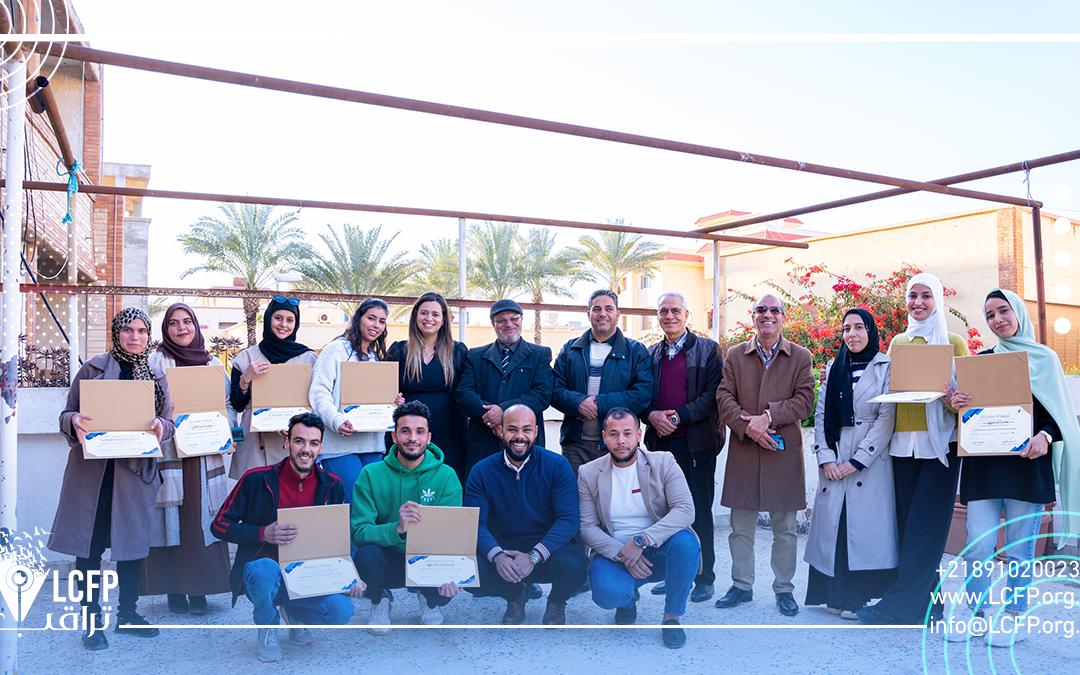
Feb 25, 2023
Tripoli _ February 15
The LCFP team of monitors completed today, Wednesday, intensive training on media monitoring techniques for political pluralism in the Libyan media. The training lasted 15 days, with the participation of 9 trainees at the Center’s headquarters in Tripoli. The trainer was the expert and researcher in the field of media monitoring, Fatima Al-Lawati. The first outcome of the training will be the issuance of the first research report on political pluralism in Libyan media. It is in the framework of the structural and legal reform program for the press and media sector in Libya
The Chairman and members of the Board of Directors of the Libyan Center for Freedom of Press, and the Dean of the Faculty of Information at the University of Tripoli, Dr. Khaled Ghulam, participated in the distribution of training certificates to the trainees. The trainees will continue their work until the middle of next March, in order to monitor and analyze the content of 9 Libyan “state and private” media outlets. They will monitor 500 TV hours
Prof. Dr. Mohamed Al-Asfar, Chairman of LCFP Board of Directors, said that these trainings are the first step towards more media research on how to analyse the content, assess the appearance of political figures in Libyan media and evaluate the respect of equal opportunities among all Libyan parties. That is the basis for ensuring fair representation for all through media funded by the state or by private entities
It is noteworthy that media monitoring comes within the project of media coverage of the elections in the context of sensitive situations. The Project is part of the LCFP preparations for the upcoming national elections. The Project’s outcome is the issuance of the first research report on political pluralism in Libyan media
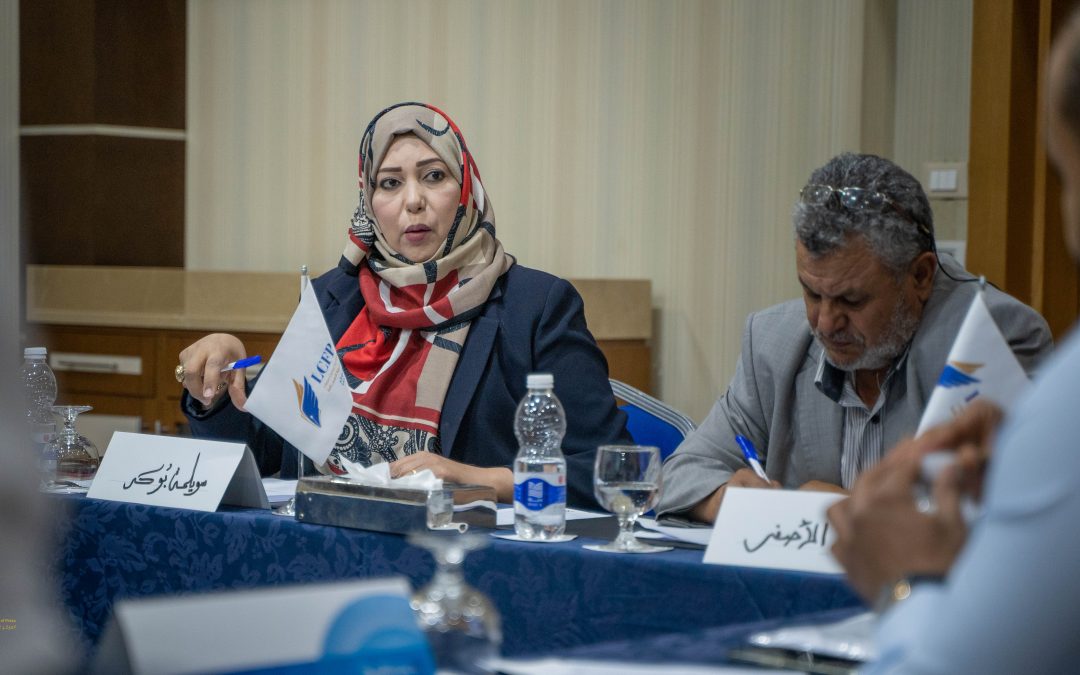
May 26, 2022
Tripoli, May 21
The Libyan Center for Freedom of Press (LCFP) held the regular annual meeting of its General Assembly on Saturday, May 21, 2022, headed by the President of the General Assembly, Ms. Swelma Boker, and the Chairman of the Board of Directors, Dr. Mohamed Al-Asfar. The majority of the Assembly members and the working group were present in the meeting. During this meeting, all projects and activities accomplished in 2021 by LCFP were presented. In addition to the projects that it will work on during 2022-2023. The annual budget and all the expenses incurred by LCFP for the conduct of its business and the success of its projects were also presented. The members of the General Assembly approved the narrative and financial reports for the years 2020 and 2021 with a quorum of half +1.
The annual meeting focused on discussing the state of shortage in funds, the decline in the activities carried out by LCFP since the Covid19 pandemic, and the scarcity of funds from international donors, due to the restrictions imposed by the Civil Society Commission and its “blatant” interference in the work of non-governmental organizations. That happened in the light of the silence of the Presidential Council and the government. LCFP was also faced with a political stalemate and polarization in the country.
During the meeting, Chairman of the Board of Directors Dr. Muhammad Al-Asfar insisted on the necessity to address national government agencies such as executive bodies, public companies and banks to finance media development programs and projects, as stated in the social responsibility clause, and to ensure reliance on national funding, in condition of integrity and independence.
The participants to the meeting recommended to increase the number of participants by setting up a mechanism to attract new members, increasing the funds of major programs, activities, operational expenditures and human resources, and subjecting them to review by an external financial office. They also emphasized the need to expand partnerships at the international level with donor organizations by the means of effective communication.
The meeting concluded with the need to expand the programs and activities of the strategic plan for the years 2022 and 2023, to include media monitoring, verification of allegations, follow-up of the national elections, and the programs to combat impunity and structural and legal reforms of the Libyan media sector.
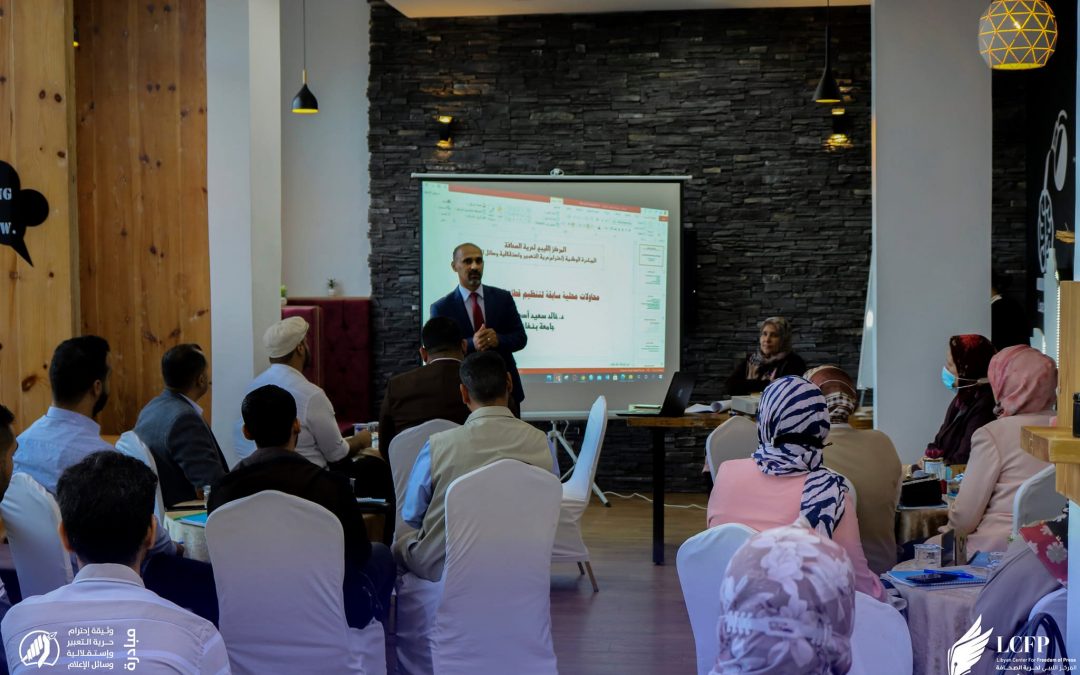
Nov 8, 2021
Benghazi October 30
A discussion session was held in Benghazi city about the National Initiative for the drafting of a “document respecting freedom of expression and the independence of media institutions”. A group of journalists and academics attended the discussion session to discuss their vision for the structural and legal reform of the Libyan media sector. The session was organized by the Libyan Center for Freedom of Press (LCFP) in partnership with lecturers from the Faculty of Media, University of Benghazi
The participants discussed the legal framework required to regulate the radio and television work in accordance with international standards. They tackled the right to freedom of expression and the importance of enhancing the protection of reputation and privacy. They also discussed the responsibilities of the Libyan legislator towards the media sector and the importance of enacting new laws by the upcoming legislative authority
The participants stressed the need for drafting a law establishing the High Constitutional Committee for media in accordance with Article 174 of the constitution, chapter Constitutional Bodies. Article 174 provides for the establishment of the High Media Council as an independent authority over which only the judiciary has authority. The Council’s mission is to regulate the media sector. The participants agreed on the responsibility of the legislator in regulating the Sector by approving the bills of law that are being worked on
It is important to require private media institutions to disclose their sources of funding. The owners of private media institutions should be asked to provide adequate salaries, social coverage, medical insurance and compensation in cases of accidents, diseases and disabilities in conflict areas
The participants stressed the need to distinguish between the right to freedom of expression and the use of hate speech in the media or social media platforms. Legal texts should deter the use of words that fuel incitement and violence. There is a need to develop clear definitions of types of cybercrimes, and to ensure that stakeholders do not exploit cybercrime law to abuse their powers and prosecute activists and journalists
The participants agreed that it is necessary to have an independent national union to play its role in defending the rights of journalists and to issue a “professional journalist card”
This eighth session comes within the National Initiative for the drafting of a document respecting freedom of expression and the independence of media institutions, to which signatures will be collected from candidates to the upcoming presidential and parliamentary elections. It will be a pledge to work with journalists and civil society when deliberating on new bills
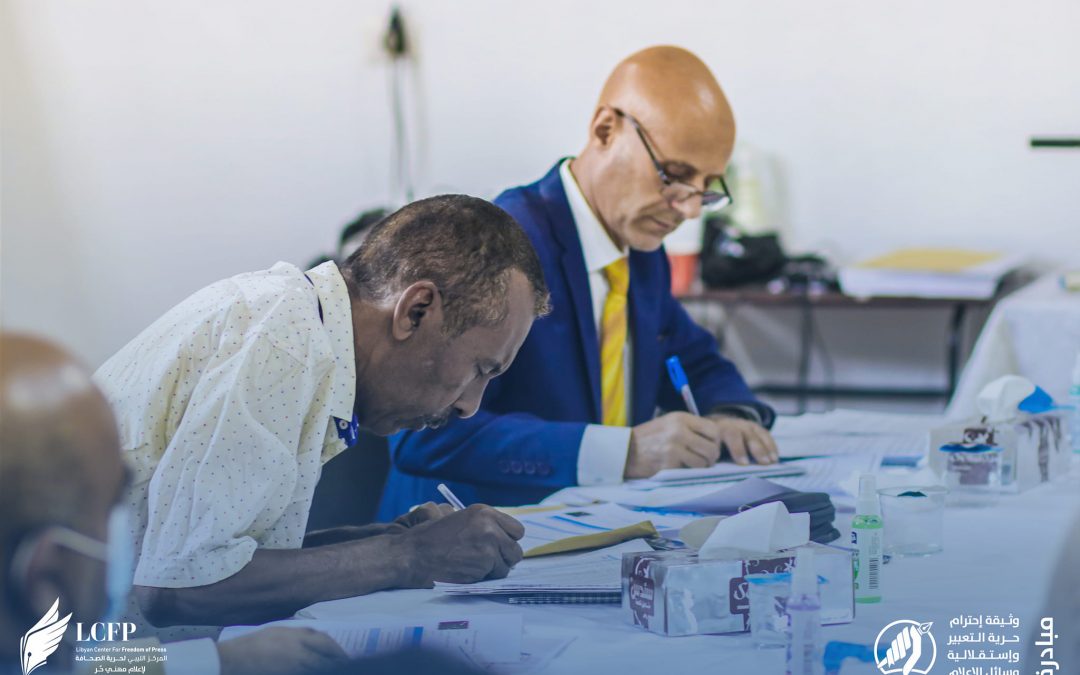
Oct 14, 2021
Sebha/October 11
A new discussion session was held in Sebha city within the National Initiative for the drafting of a “document respecting freedom of expression and the independence of media institutions”. Twenty-eight journalists, television correspondents, academics, lawyers, activists and media professionals took part in the Session. They discussed the need for media practices to be based on national legislations that promote independence and liberty
The participants agreed that it is necessary to draft a law to establish the High Media Council. It should be independent from the executive government. It should be responsible for managing and reorganizing the media sector and public media institutions. It should also reorganize radio and television broadcast, grant licenses to private media institutions and oblige them to disclose their funding sources, and make them respect the regulations and standards the National Media Foundation sets. The National Media Foundation is the highest independent authority. Its role is regulation. The members of its board of directors have the necessary expertise
The participants focused on the need to protect reputation and privacy. It is necessary according to them, to set executive regulations to ensure that media institutions are not involved in spreading rumors and biased news that harm the reputation of others. In addition, the general sanction procedures related to publishing issues should be reformed. The participants agreed that respect should prevail between political actors. Freedom of expression is a sacred right that is a part of the national constants. However, it should not threaten civil peace, public health or public order. Government officials will be bound to disclose information through the ratification of the law on access to information by the coming legislative authority
The participants also highlighted the need to monitor and oversee press and digital content. It is necessary to focus on combating disinformation, hate speech, rumors and spreading of destructive ideas on social media. Internet should be regulated in order to enhance its position as a free digital space
The participants find it imperative to develop educational curricula for Libyan media colleges, to develop media laboratories and to enhance their technical capacities. They also called on the candidates to the upcoming national elections to pledge to work with civil society and journalists on draft laws related to press and publishing. They also have to work on the law of the National Media Foundation, which is being prepared by experts in the field of media and law in the National Committee for reviewing media draft laws administered by the Libyan Organization for Independent Media
The participants emphasized the need for legal and institutional support that goes in line with the challenges facing the Libyan state. It is necessary to respect freedom of expression and independence of media, establishing a national project and unifying media discourse under the umbrella of professionalism, objectivity, quality and efficiency. It is also necessary to have legal texts that explicitly provide for the protection of media professionals
At the end, the participants stressed the need to respect the cultures and characteristics of the Libyan society components. They all have the right to broadcast in their own language and to convey their voice to the Libyans

